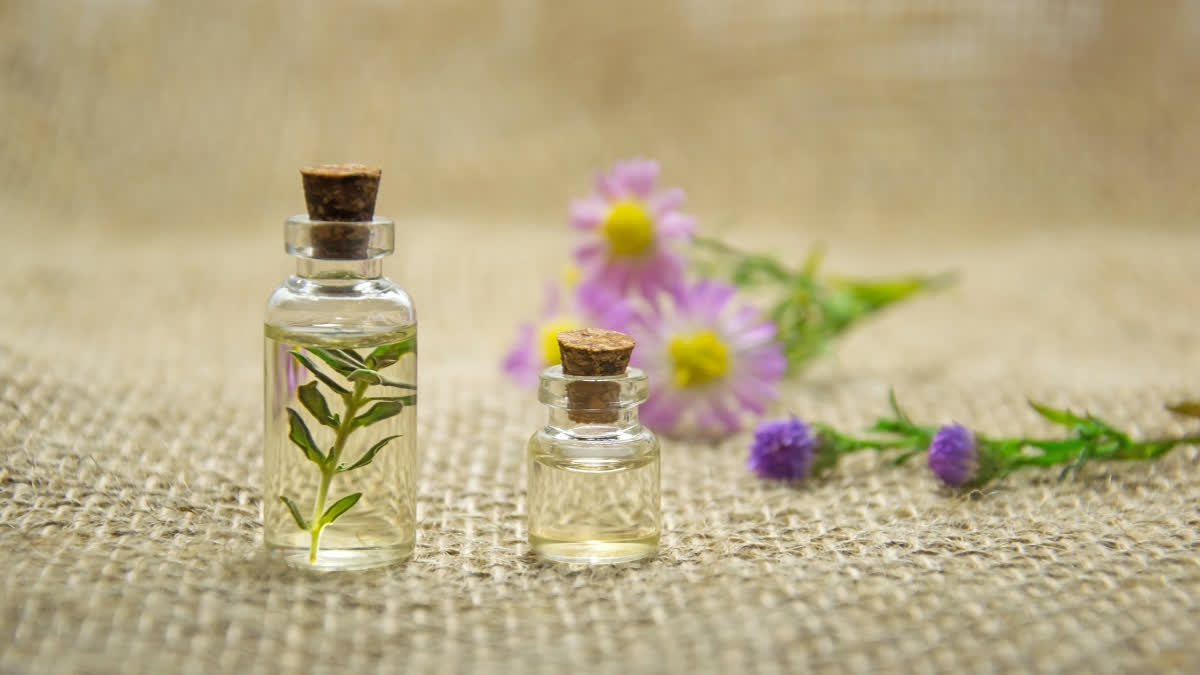Washington DC [US]: The use of essential peppermint oil aromatherapy may reduce pain severity following open heart surgery while also improving sleep quality, according to the findings of a small comparative clinical research published online in the journal BMJ Supportive & Palliative Care. Heart surgery is a major procedure, necessitating the separation of the breastbone (sternum) as well as mechanical breathing support, both of which are associated with a high risk of severe pain, stress, and sleeplessness, note the researchers.
Effective pain relief allows patients to recover more quickly and may reduce the risk of postoperative complications, they add. But both the pain itself and the drugs used to treat it can prolong the time needed for mechanical ventilation and increase postoperative complications, death, length of hospital stay, and healthcare costs.
Alternatives to drugs may provide a safer option or may simply boost the effectiveness of existing painkillers, suggest the researchers. Aromatherapy may be one such alternative, but its effectiveness is unclear. Previously published research shows that inhaled essential oils may be helpful, and peppermint essential oil is already widely used in palliative care. The researchers therefore wanted to investigate the potential of peppermint essential oil to reduce the pain and improve the sleep quality of patients after open heart surgery.
Sixty four adults were therefore randomly assigned either to treatment with 0.1ml of 10% essential peppermint oil or 10 ml distilled water administered 30 minutes before their breathing tube was removed and then 3 times daily via nebuliser until the second night following their procedure—7 doses in all.
Both groups were similar in terms of their sex, age, and weight; type of surgery; time (hours) under general anaesthesia; length of intubation; amount of pain relief given; and time spent on mechanical breathing support. The Numeric Pain Rating Scale and the St Mary’s Hospital Sleep Questionnaire were used to assess changes in pain severity and sleep quality, respectively. The final analysis included 59 patients: 30 in the aromatherapy group and 29 in the comparison group.
